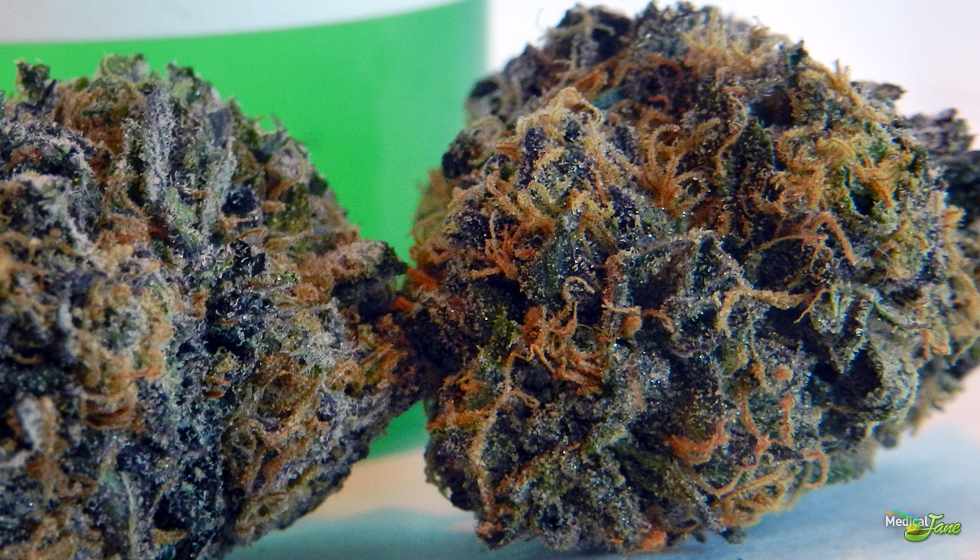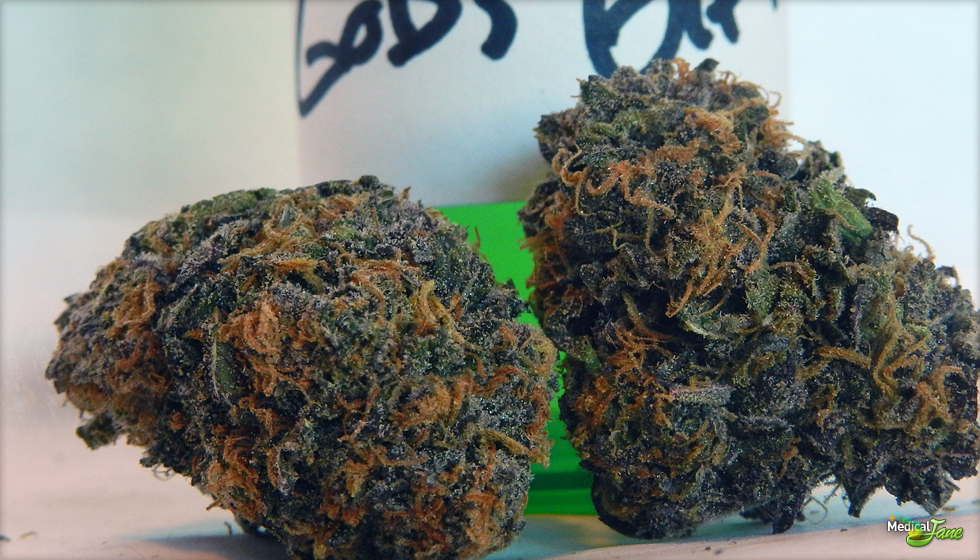God’s Gift: An Appropriately Named Strain
- God's Gift
God’s Gift is the potent offspring of OG Kush and Granddaddy Purple.
This appropriately named Indica-dominant hybrid strain is the mix of two of the most popular pain-relief strains known to mankind. Some say God’s Gift is considered to have lineage that makes it roughly 90% Indica and only 10% Sativa, but it this is easily debatable.
“God’s Gift consistently performs well (at least 18-22% THC) when lab-tested and has a delicious berry flavor patients seem to love.”
God’s Gift is sure to put the body in a deep, trance-like state that seems to be perfect for dealing with chronic pains, chemotherapy pains, multiple sclerosis, inflammation, arthritis, and/or Parkinson’s disease.
The God’s Gift Strain Typically Found With High Levels Of THC
God’s Gift consistently performs well (at least 18-22% THC) when lab-tested and has a delicious berry flavor patients seem to love. Because of this, God’s Gift would most-likely be a good option for patients looking for a significant boost in appetite as well as a natural stress/pain reliever.
God’s Gift has a strong berry aroma and taste similar to Granddaddy Purple but with more fresh citrus and lemon after-tones. Visually, the God’s Gift strain should be extremely purple, dense, and covered in sparkling white crystals. Anything other than that would leave me disappointed after so I’ve been blessed with so many good batches of God’s Gift.
The effects are exactly as you’d expect from a heavy Indica-dominant hybrid: instant, full-bodied, and tiring. The God’d Gift strain seems to leave you in a peaceful daze that just creeps and creeps until you start yawning and looking for somewhere to lay down and get comfortable. This is why I try to only medicate with the God’s Gift strain late at night.

